In the wake of Vladimir Putin’s 2022 invasion of Ukraine, as atrocities like the killings at Bucha and Irpin came to light, there were repeated internet posts comparing Russia’s president to another figure from the country’s history. This wasn’t some expansionist empire-builder of the past, but Andrei Chikatilo, the mass-murderer and cannibal from Russia’s Rostov region. He was convicted of 52 murders in 1992 (most of them children or minors) and executed a couple of years later.
I first caught sight of Chikatilo in 1992 in a British TV news report on his crimes. Caged in a Rostov-on-Don courtroom, the accused, shaven-headed and crazed-looking, was a figure from a nightmare; the screams in court from the relatives of those he had raped, killed and sometimes eaten, a vision of hell on earth. Clearly, in the field of mass murder, Russia could leave the West standing.
In Soviet society, the softly-spoken Chikatlio, in suit and tie and always carrying a briefcase, seemed innately trustworthy
Yet when I moved to Rostov three decades later and met people who knew Chikatilo – or at least knew someone who’d known him – they were quick to stress his apparent normality. Chikatilo, a grey-haired grandfather before his arrest, had not only been unnoticeable, but the kind of person who could evade capture through more than a decade of terrible crimes. This, along with the Soviet system, accounted for his prolific path as a serial killer – while Soviet history itself went some way towards explaining what had made him one.
Andrei Chikatilo had been born in Ukraine in 1936, right in the middle of Stalin’s man-made famine. At the age of five his mother told him of the disappearance, before his birth, of Chikatilo’s brother, assumed to have been eaten by starving locals.
Constant hunger and stories like this were not the only things that formed him. A friendless, myopic child who wet the bed until he was 12, he grew up in a war-torn region where the sight of dead and mangled bodies was common. His father’s capture by Germans in the Second World War shamed him in the eyes of the authorities, making Andrei even less popular with his peers. Crippling shyness around girls gave way to a sexual impotence that would dog and torment him for a lifetime.
Becoming a teacher after graduation – a job at which he was hopeless – he was moved on repeatedly for molesting the students. Yet in the positions that followed, as a ‘tolkach’ at local factories – the worker who had to travel round the country begging other plants for supplies – he found himself a free agent with time on his hands and the solitude to use it as he wished. In 1978, he killed a local girl – nine-year-old Elena Zakotnova – and discovered a fatal taste for blood and the sufferings of his victims. Here was where the friendless, flaccid Chikatilo could achieve some kind of sexual fulfilment and power. A monster, the word is not hyperbole, was now at large.
Chikatilo’s victims were often chosen from among the dropouts of society. Young runaways, orphans, prostitutes, alcoholics, the mentally handicapped. At the railway stations, bus stops and on the suburban ‘electrichka’ trains of the region he would entice them with offers of food and drink, then steer them away to parks and forests (the police investigation was named Operation Lesopolosa, ‘forest path’) where he would rape them and mutilate their bodies. Boys would be castrated, girls brutally defeminised; in many of the killings, Chikatilo would gouge out their eyes as well, driven by the old superstition that the image of a murderer remained on the retinas of his victims. Sometimes he would chew on the body parts and do a macabre, whooping lap of victory round the corpses, fantasising they were ‘partisans’ he’d caught in a wartime raid. In 1982, seven deaths were recorded; in 1984, thirteen. Soon bodies were piling up faster than police could identify them, and there was a backlog of paperwork.
He was also aided by the Soviet system itself. Until the rise of Gorbachev, the murders stayed virtually unreported by the national press – such things happened, officially, only in capitalist countries. A culture of shirking – ‘we pretend to work and you pretend to pay us’ – was also widespread and afflicted the police force just as other industries. With pressure from the top and quotas to meet, they weren’t averse either to beating confessions out of captured criminals: one man was wrongly executed for Chikatilo’s crimes, and several more did jail time. The prevalence of boys as well as girls among the victims led to a reign of police persecution among the region’s underground gay community, with several killing themselves once exposed.
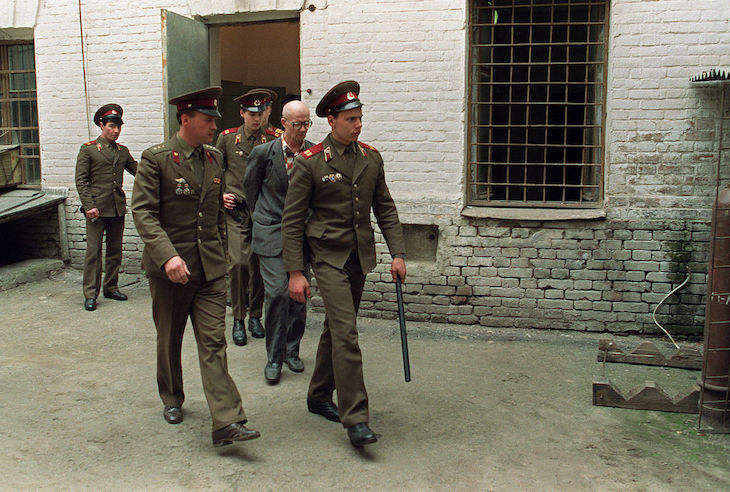
But it was Soviet culture itself – the respect for one’s elders, the social policy that all were your ‘comrades’, the tendency among children, as the writer Robert Cullen pointed out, to call older strangers ‘uncle’, ‘grandfather’, ‘aunt’ (and to respond to them as such) that enabled Chikatilo to go on killing. In such a society, this softly-spoken worker, in suit and tie and always carrying a briefcase, seemed innately trustworthy – whatever gruesome cargo (knives, ropes, lubricant) the briefcase held inside. Meanwhile, rumours multiplied – that the killings were the work of a Caucasian gang, or a law enforcement officer, or even a government official. One policeman on the case was so tormented by daily exposure to the crimes he began to hallucinate himself as the culprit, carrying out the murders in a state of trance. Another officer spoke later of the paranoia he felt for a decade, where everyone he passed in the street or every fellow passenger on bus or train seemed to bear the guilt on his face.
A local psychologist specialising in serial killers, Aleksandr Bukhanovsky – later profiled in the BBC documentary The Russian Cracker – offered the police his own profile of the murderer. He was almost certainly, Bukhanovsky told them, a middle-aged man in his late forties, possibly married and with children, who’d been mocked all his life by schoolmates and work-colleagues, his bitter sense of humiliation and rejection redeemed by ‘necro-sadistic’ homicide.
When Chikatilo, perfectly fitting this description, was finally caught in November 1990, Bukhanovsky also played a central role in obtaining his confession. He was able to describe the man’s past and inner life to him until the murderer broke down and revealed all, adding about 20 more killings to the police total. Against Bukhanovsky’s advice, and despite strange lesions discovered on Chikatilo’s brain, no defence of insanity was permitted. The killer had been cool-headed in the planning of his murders, and canny in evading capture. One thing he couldn’t avoid, the court ruled, was the supreme penalty for his crimes.
Thus, on Valentine’s Day 1994 – exactly 30 years ago this week – the killer was taken down to a basement cell in Novocherkassk prison, his sentence was read out to him and he was despatched with a bullet through the brain. Andrei Chikatilo, ‘Red Ripper’, ‘Butcher of Rostov’, was finally eradicated from a society which had done so much to enable him, a doting grandfather and respectable-looking maniac whose death could barely compensate for his hideous, multiple crimes, nor the unimaginable human suffering they had brought in their wake. There at least, perhaps tragically for Russia and certainly for its neighbour, those comparisons with president Putin – however tenuous they may seem – clearly cease to apply.
This article is free to read
To unlock more articles, subscribe to get 3 months of unlimited access for just $5

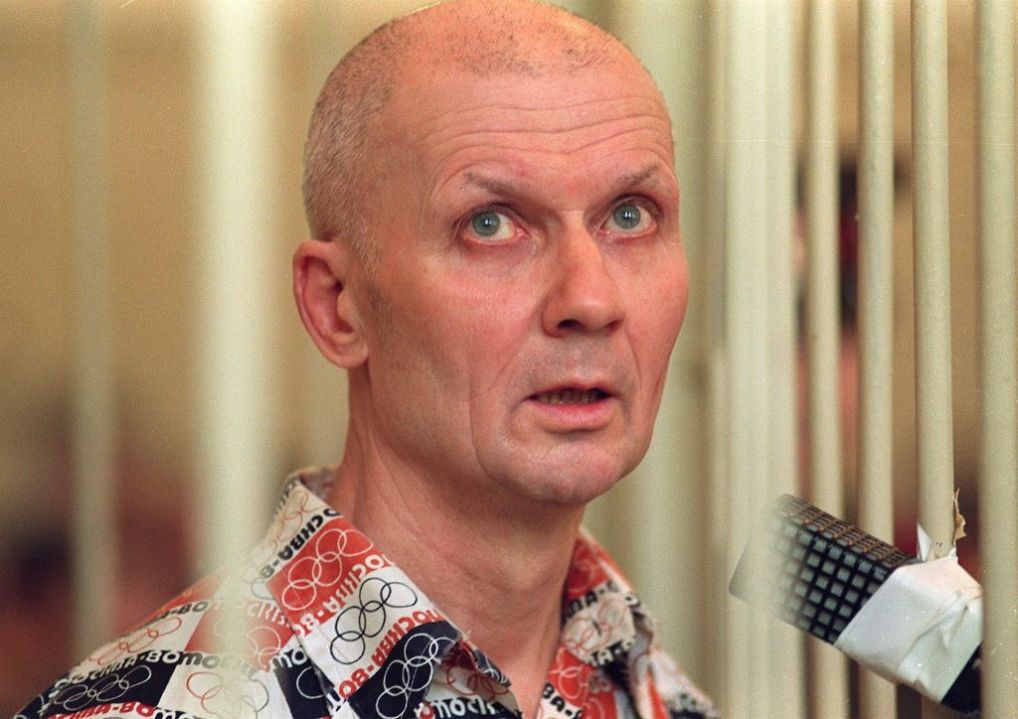
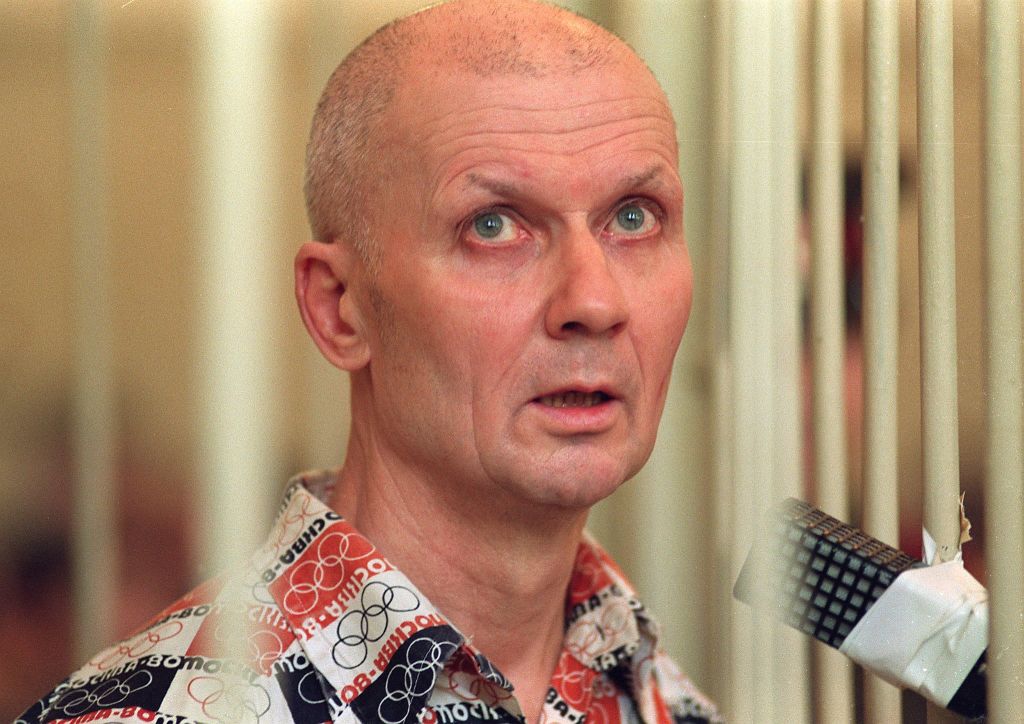
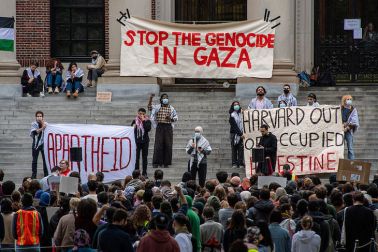
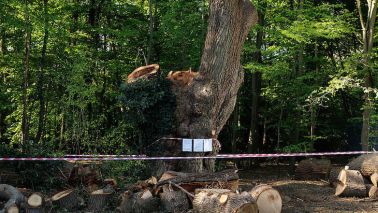



Comments
Join the debate for just £1 a month
Be part of the conversation with other Spectator readers by getting your first three months for £3.
UNLOCK ACCESS Just £1 a monthAlready a subscriber? Log in